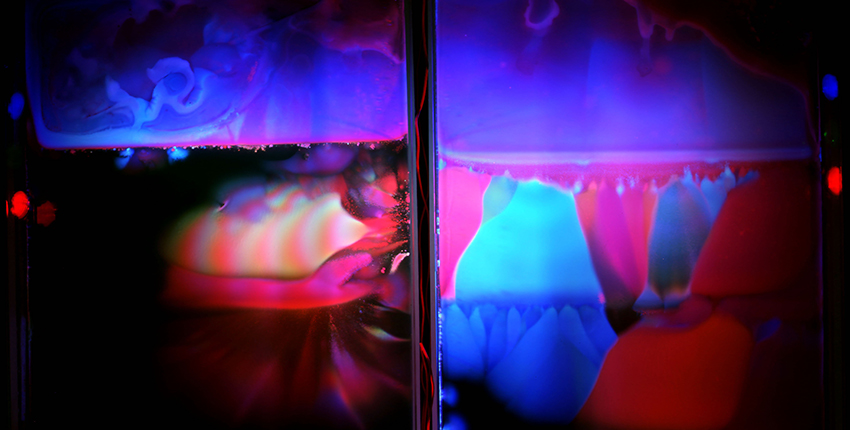
DBMI researcher Michael Baym has been named a 2018 Packard Fellow in Science and Engineering.
Baym, an assistant professor of Biomedical Informatics at HMS and member of the Laboratory of Systems Pharmacology, is receiving the award for his work toward unraveling the mechanisms of bacterial drug resistance. Baym’s lab uses a combination of experimental evolutionary modelling and data science to understand this dynamic process, in order to design practical interventions to decrease, prevent, or even reverse the march of bacterial drug resistance. His methods include both experimental recapitulation of the process of resistance evolution, as well as the study of genomic data from real-world infections. The World Health Organization has proclaimed antibiotic resistance one of the gravest threats to global health and food security. In the United States alone, each year, more than 2 million people develop drug-resistant infections, and 23,000 of them succumb to them.
Baym joins 17 other scientists elected this year. View the full list of 2018 recipients on the David and Lucile Packard Foundation website.
The Packard Fellowships in Science and Engineering are among the nation’s largest nongovernmental fellowships, designed to allow maximum flexibility in how the funding is used. Since 1988, this program has supported the blue-sky thinking of scientists and engineers in the hopes that their research over time will lead to new discoveries that improve people’s lives and enhance our understanding of the universe. Each of the awardees will receive $875,000 over five years to pursue their research. The award, now in its 30th year, is given annually by the David and Lucile Packard Foundation.
The Packard Fellows’ work has contributed to breakthroughs like the creation of the CRISPR-Cas9 gene-editing technique, the discovery of soft tissues in dinosaur fossils, and the first-ever observation of a neutron star collision. Fellows have gone on to receive a range of accolades, including Nobel Prizes in Chemistry and Physics, the Fields Medal, the Alan T. Waterman Award, MacArthur Fellowships, and elections to the National Academies. The Fellows also gather at annual meetings to discuss their research, where conversations have led to unexpected collaborations across disciplines.
“It really is amazing to see what brilliant researchers can do when given the room to take big risks,” said Frances Arnold, Chair of the Packard Fellowships Advisory Panel, 2018 Nobel Laureate in Chemistry, and former Packard Fellow. “And I’m not only talking about their impressive contributions to their fields—I’m also talking about building entirely new disciplines and giving back to the next generation of scientists. I’m excited to see what’s in store for this new class as it joins our welcoming community of Fellows.”
The Fellowships program was inspired by David Packard’s commitment to strengthen university-based science and engineering programs in the United States. He recognized that the success of the Hewlett-Packard Company, which he cofounded, was derived in large measure from research and development in university laboratories. Since 1988, the Foundation has awarded $410 million to support 595 scientists and engineers from 54 national universities.